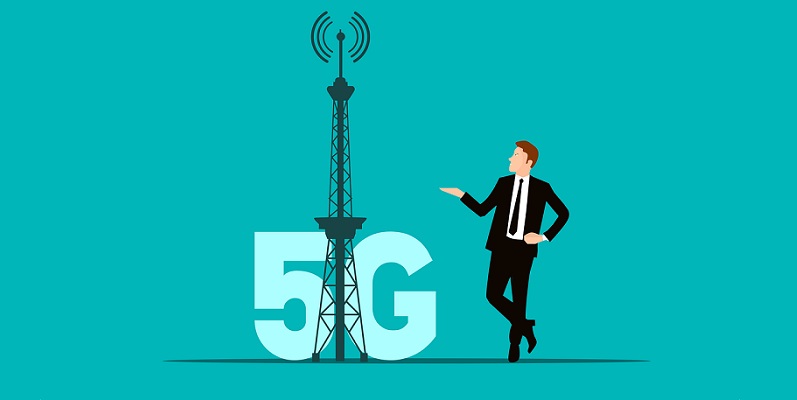The world is experiencing a technological revolution like never before with the advent of 5G technology. This fifth-generation wireless network promises unprecedented speeds, significantly reduced latency, and the ability to seamlessly connect an enormous number of devices simultaneously. With its potential applications ranging from telemedicine to smart cities, 5G is set to reshape various industries and have a profound impact on our daily routines.
What is 5G?
At the core of 5G technology lies the utilization of millimeter waves, higher-frequency radio waves that enable faster data transmission. These waves have a shorter range compared to the lower-frequency waves used in previous generations but can carry more data, leading to greater speeds and bandwidth. 5G boasts download speeds up to 100 times faster than its predecessor, 4G. This dramatic improvement opens up a world of possibilities in terms of data-intensive activities, such as high-definition video streaming, online gaming, and large file transfers.
Benefits of 5G
The lightning-fast download speeds enabled by 5G open doors for immersive experiences and real-time interactions. Users can expect seamless streaming of 4K and 8K content, high-fidelity video calls, and quick downloads of large files. 5G’s low latency, reduced to just a few milliseconds, makes it ideal for applications that require instant response times. Remote surgery, augmented reality (AR) experiences, and autonomous vehicles can greatly benefit from 5G’s ability to transmit data with minimal delays.
Seamlessly Accommodating an Enormous Number of Devices
With the Internet of Things (IoT) rapidly expanding, 5G is designed to handle the massive influx of connected devices. This capability is instrumental in the development of smart cities, where numerous sensors, devices, and infrastructure components need to communicate efficiently and securely.
Telemedicine and remote surgery
The implementation of 5G has made telemedicine and remote surgery increasingly accessible. Faster and more reliable connections enable doctors to perform intricate procedures from a considerable distance with remarkable precision, bridging the gap between patients and medical experts.
Transformation of the Entertainment Industry
5G is revolutionizing the entertainment industry by facilitating immersive augmented and virtual reality experiences. Users can now enjoy seamless and lag-free interactions, unlocking a new era of gaming, live events, and creative storytelling. Moreover, instant streaming of high-resolution 4K and 8K content is now a reality, enhancing the home entertainment experience.
Advancements in Autonomous Vehicles
Autonomous vehicles heavily rely on 5G’s low latency and real-time communication capabilities to navigate safely and efficiently through our streets. From vehicle-to-vehicle communication to updated traffic information, 5G networks play a vital role in enabling the widespread adoption of self-driving cars and improving overall road safety.
Augmenting Automation in Smart Factories
Smart factories leverage 5G to enhance automation and introduce real-time monitoring of equipment and processes. By seamlessly connecting critical systems and collecting real-time data, manufacturing processes become more efficient, accurate, and adaptable, leading to increased productivity and reduced downtime.
Enabling the Development of Smart Cities
The foundation of smart cities rests on 5G technology. By efficiently managing traffic flow, optimizing waste disposal through smart bins, facilitating secure public transportation, and enhancing public services, 5G networks enable cities to become more sustainable, interconnected, and responsive to citizens’ needs.
As 5G technology continues to evolve, its impact on industries and our daily lives will only expand. With astonishing download speeds, reduced latency, and the ability to accommodate countless connected devices, the possibilities seem limitless. From advancements in healthcare and entertainment to advancements in transportation and smart infrastructure, the 5G revolution shows no signs of slowing down. As we embrace this new era of connectivity, we can look forward to a more efficient, innovative, and interconnected future.

